JPEPA Batch 16 Starts Japanese Language Training
November 8, 2023
The 16th Preparatory Japanese-Language Training for the Filipino Candidates Nurses and Certified Care Workers under the Japan-Philippines Economic Partnership Agreement (JPEPA) program began last November 8, 2023 with the opening ceremony held online.
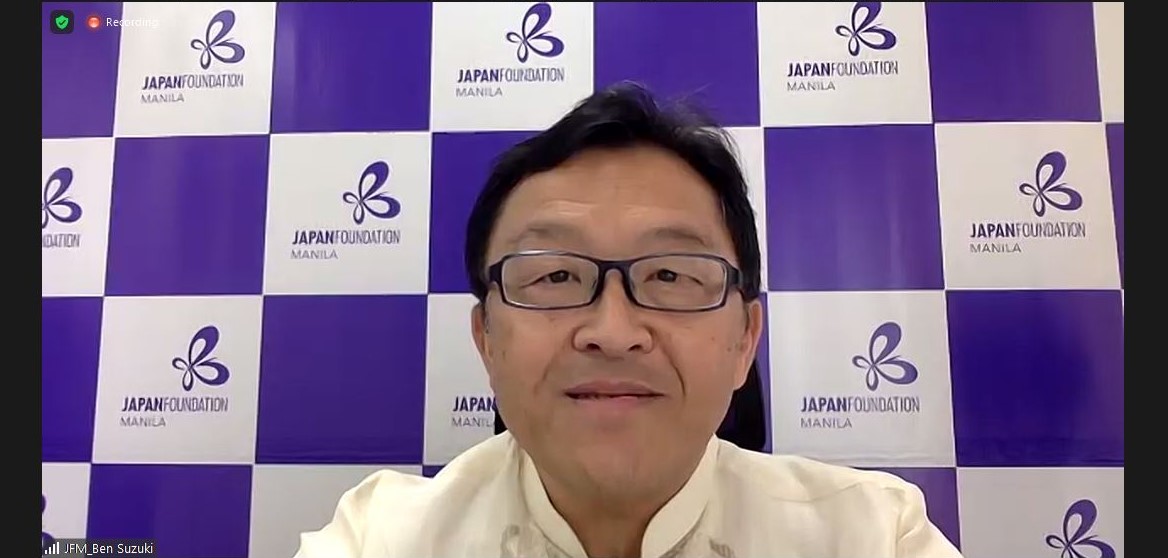
Mr. Tsutomu “Ben” Suzuki, the Director of Japan Foundation Manila, gave the Opening Remarks which were followed by messages from the Japan Ambassador to the Philippines Kazuhiko Koshikawa; Officer in Charge of the Department of Migrant Workers, Atty. Hans Leo J. Cacdac; and Nihongo Center Foundation President, Mr. Philip B. Sanvictores.
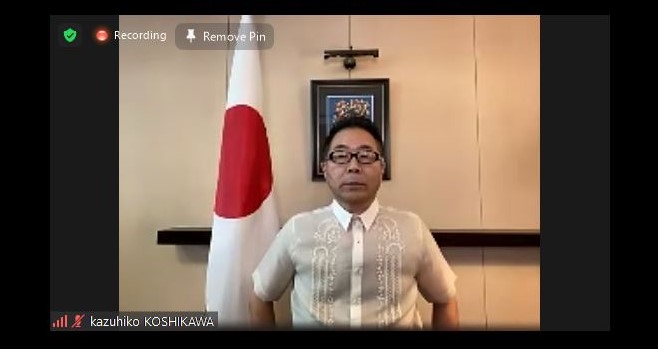
In the speech of Ambassador Koshikawa, he thanked the candidates for choosing to pursue their careers as nurses and care workers in Japan, and added how their labors would contribute to the stronger ties between Japan and the Philippines. He also motivated them saying “It is said that where there is a will, there is a way. All of you have a strong will to work as nurses or certified care workers in Japan. The path you all take may be difficult at times, but I am confident that it will lead to a path that will reward your efforts in the end.”
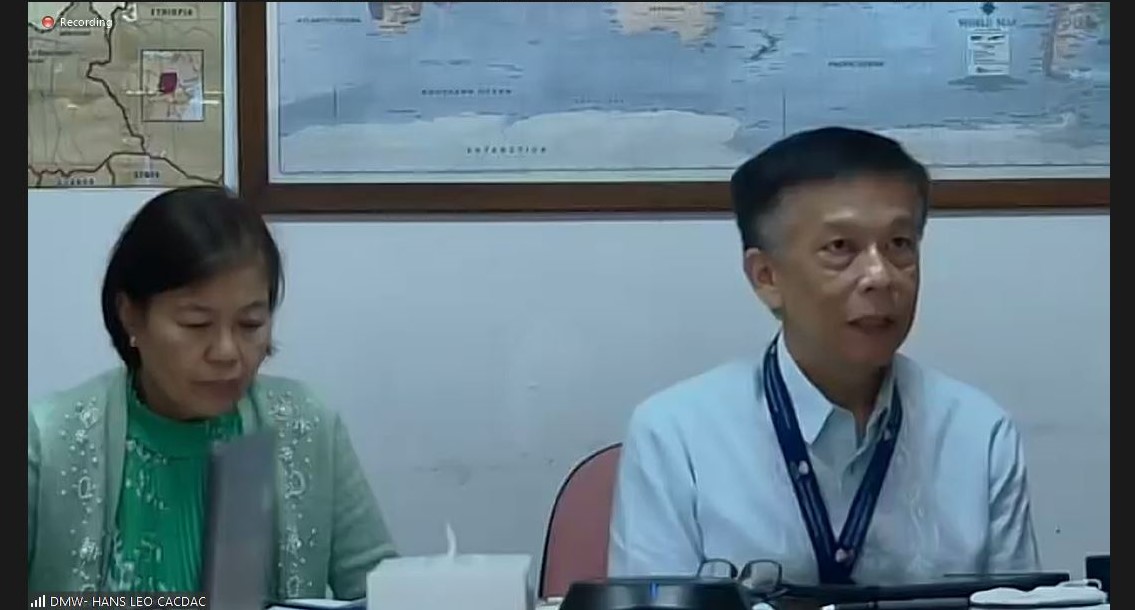
Atty. Cacdac gave a message of reassurance for the candidates as they embark on their journey and careers in Japan. “Rest assured that the Philippine government is with you during your journey. From your first day of training to your deployment, we will continue to monitor all of you until your last working day as health care workers in Japan…You will face countless challenges, but we believe in your abilities and resilience to succeed. This is your first step to fulfill your dreams not just for your families but also for your communities and our nation…We wish you well in your endeavors but remember it will not be all hard work. Also, take time to recharge and enjoy your journey.”
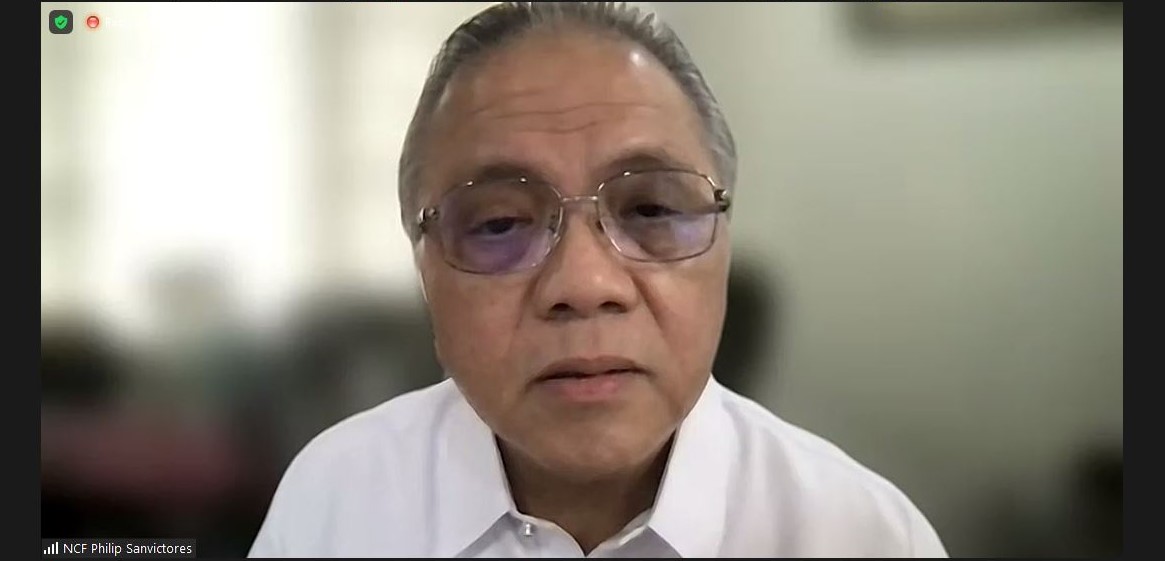
Mr. Philip B. Sanvictores, President of Nihongo Center Foundation, conveyed to the candidates the reception of Madame Yuko Kishida, wife of Prime Minister Fumio Kishida, to them during her visit to the Nihongo Center office “Mdme. Kishida marveled at the nobility of your purposes for wanting to work in Japan as care workers and nurses… She then wished you – the Candidates – well and for you to do your utmost best – ‘Ganbatte Kudasai,’ she said. At the same time, she advised that you also enjoy your new life in Japan – the neighborhoods and workplaces where you will be sent to, the food, the wonderful sights of four seasons, the friends you will make especially with the peers and colleagues you will be working with. Mdme. Kishida then thanked you (through your representatives) for desiring to work in Japan because ‘nurses and care workers have vital roles in assisting people’”.
Besides that, Mr. Sanvictores gave the candidates some advice: to take their Japanese language studies seriously and to allot extra time to self-study, do not get frustrated and be patient in studying Nihongo as learning a language takes time, and last, to remember that their Nihongo proficiency is vital in their professional and personal lives once they go to Japan.
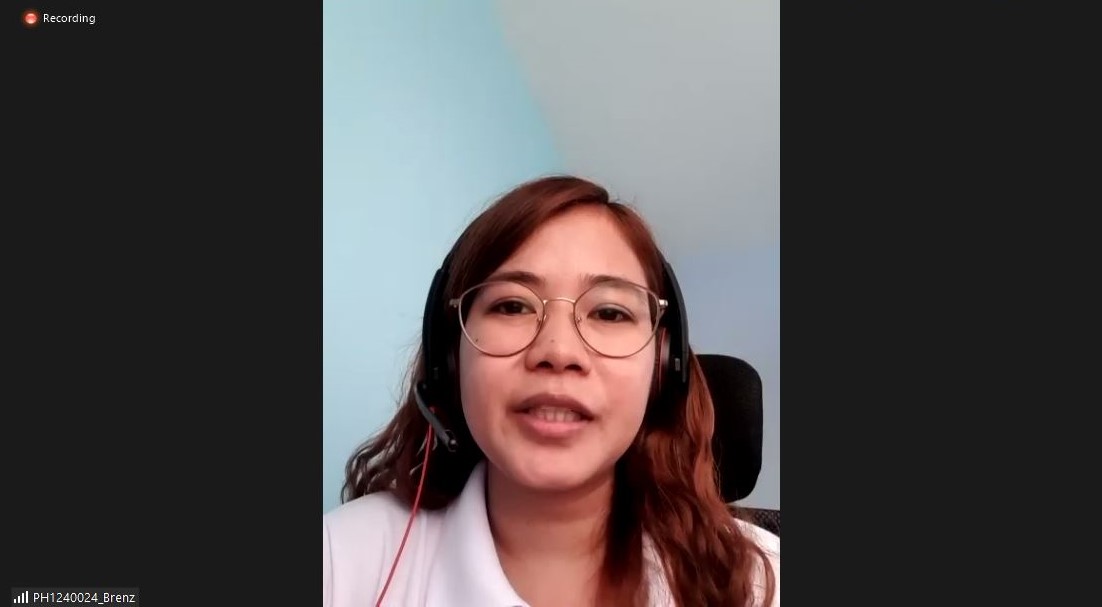
The representative of the candidates, Ms. Brenes Custodio Sigua, also gave a speech after the messages from the honored guests. “I want to encourage all of us to embrace this learning with determination and patience. Let’s be there for each other, support one another, and create a community that thrives on unity. Ensuring that no one is left behind, whether it’s assisting a classmate with a difficult phrase, sharing learning resources, or simply offering a friendly word of encouragement, these acts will be essential on our journey. Mina-san (Everyone) let’s make this training and academic year a success. Thank you and mina-san ganbarimashou (Let’s do our best, everyone)”, she said.
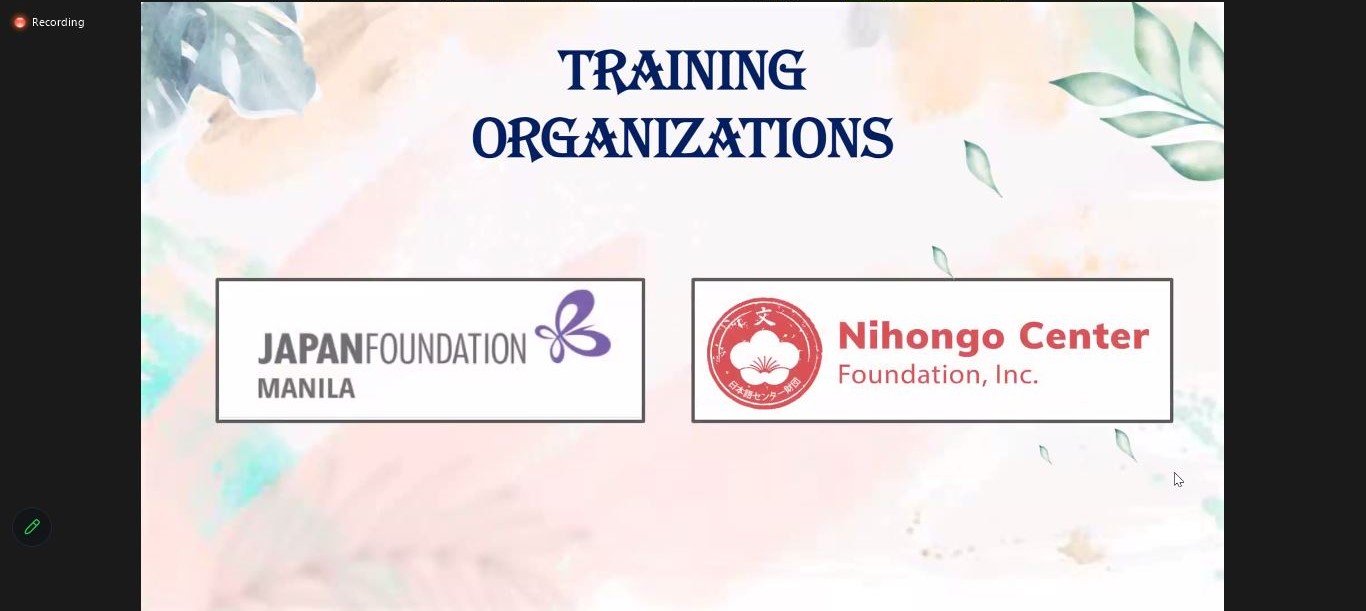
The 16th JPEPA batch has a total of 247 candidates—comprised of 233 care workers and 14 nurses—who, after undergoing six months of the intensive preparatory program of the Japanese language and culture in the Philippines, will then go through another six months of training in Japan upon their arrival, before they are dispatched to their designated hospitals and caregiving facilities where they will be able to apply their gained knowledge to carry out their duties not only as healthcare workers but also as representatives of Filipinos in Japan.

Recent Comments